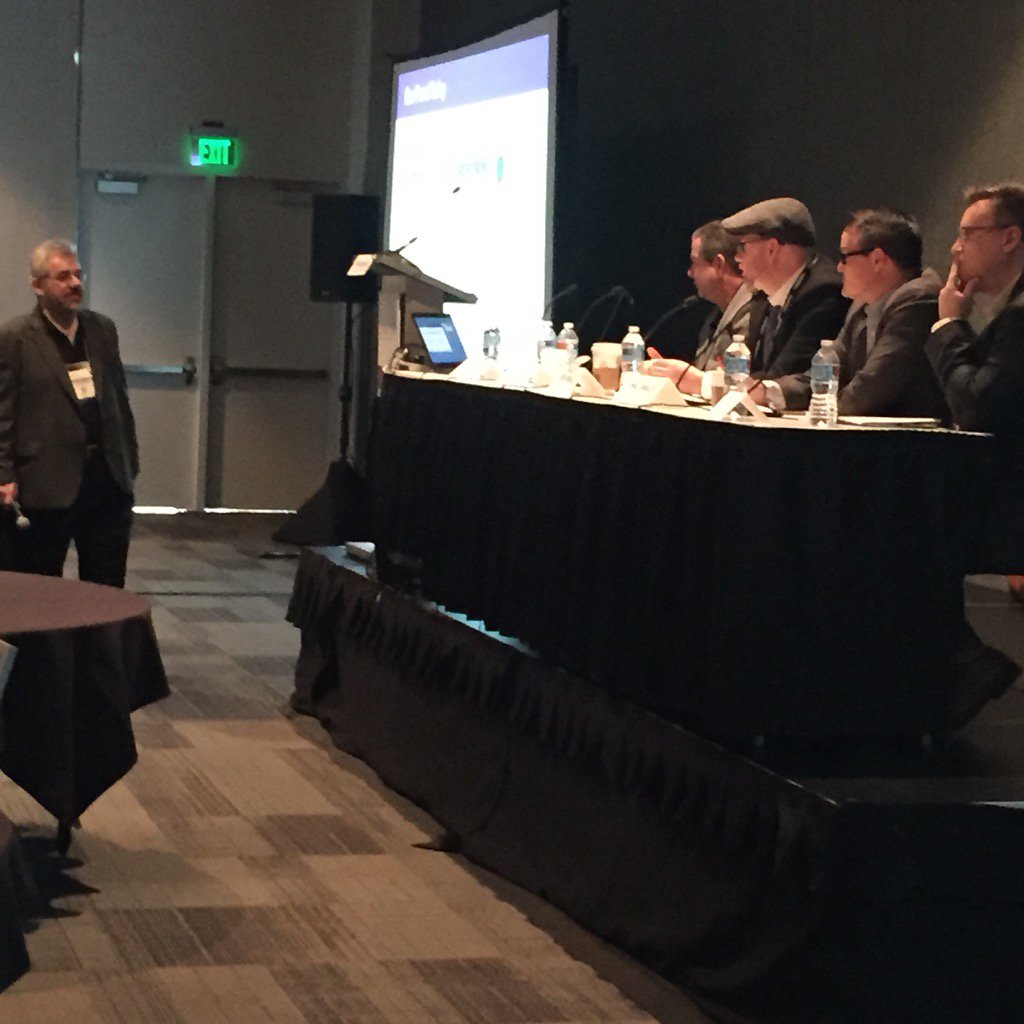How often does it occur to us that on some level we’re all hypocrites? In an industry, and world in general, where we are paid to think forward and be ahead of everyone else, why does actually taking that next step present so many problems? I’ve always believed that if you’re not pushing boundaries then you’re living inside fences. But when following the majority of arguments that take place in our industry, how many of them revolve around where technology is headed next or which possible development is going to be the “right” one?
The human condition to simplify our lives by standardizing be it an idea, a product or a personal habit, and when you pair that with the natural desire to not want to be wrong we are pushing ourselves to the point of being crippled in our decision making.
I’ve had arguments with other people in the industry for years, but there are two more recent ones that come to mind as good examples, not because I won the argument but because the argument isn’t over yet and in fact may never be, but only time will tell.
The first topic where I seem to draw the ire of the industry folks is AVB. I have written a few different articles that talk about it as a technology that exists and should not be forgotten or compared, yet I always seem to draw the response “you’re wrong” and “AVB isn’t going to succeed in the industry.” To be perfectly clear, I have never said that AVB is what is coming as the future of the industry. However, when you look at the currently available options, AVB technology is just as valid a possibility as any other. (Cue my trolls now.)
We don’t know what’s coming next but so many have dismissed options already. In the audio world you hear about CobraNet (a tech on its way out), Dante (a tech position for pretty much anything that’s comes next), AES67, AVB, even other options that no one in the US is discussing like RAVENNA. What I’m consistently trying to point out, and is overlooked, is the fact that there are multiple options, and if you have a favorite that’s fantastic! But if you are not looking at an option because it doesn’t work for you today, why does that stop it from being valid tomorrow? We are so quick to pass judgment without having seen the full potential of these technologies.
The second argument I’ve been having dives deeper into this same issue of being so dismissive of new innovations before they have even started. With InfoComm swiftly approaching in June I’m reminded of a conversation I’ve had many times before while working for a manufacturer about all the new products being introduced at the show. The first question from each attendee is some variation on when the product will be available followed by the predictable answer of “soon” shortly thereafter. This show is a chance for manufacturers and developers to get feedback on product as it is being created. So why is the reaction from the industry so often negative when exploring the opportunities for these new possible technological developments?
Chris Neto recently posted a piece on how to improve the InfoComm show experiece that included a call for a technology futures area. I can only imagine how that might go given this dismissive attitude that permeates our industry.
Some of you may have read my post on 4K adoption needing to be a cautionary decision as well as my excitement for the concept of the new modular cell phone design. One of these technologies has the A/V industry screaming with near orgasmic joy “YES!” While the other seems to have been either shot down or ignored completely. There is value in both, there are cautionary points for both, but both surely have their merits and possibilities, don’t they?
What happened to the concept in life where we wait and see what the true, real world products are capable of before we make our decisions? When did the shift take place where we judge something before we ever see it reach full potential? Is this just a factor of our information age where we must decide within seconds what the validity of an idea or product will be? Or is it just because it’s an internal decision where we think “this doesn’t apply to me so it shouldn’t apply to anyone?”
When did we stop being objective parties to the new developments? Leaving behind our personal interest and bias and looking at a new technology or idea for the potential for the world at large.
For an industry balancing at the tip of the technological spear of development, we seem to be the fastest to dismiss something and pay little to no mind as to how what we’ve dismissed could affect the people we serve – our customers – and what they want.
It’s time to slow the judgment down, let things develop and see what happens. Allow for creative thought to expand and see the possibilities. Not every product or idea is ready for field implementation today, but why does that stop us from putting it in the back of our minds and following the progress of development so that it might be something we can use in the future? If the technology fails, then we’ve lost nothing, but if it succeeds then you are already prepared for how to integrate its possibilities into your projects and we look like geniuses for knowing what was coming.
It’s time for us all to lose the superiority, lose the dismissive nature, and open our minds to the possibilities of what could be. It will help the whole industry improve our reputation with the public and open up opportunities to things that we could have never anticipated.







